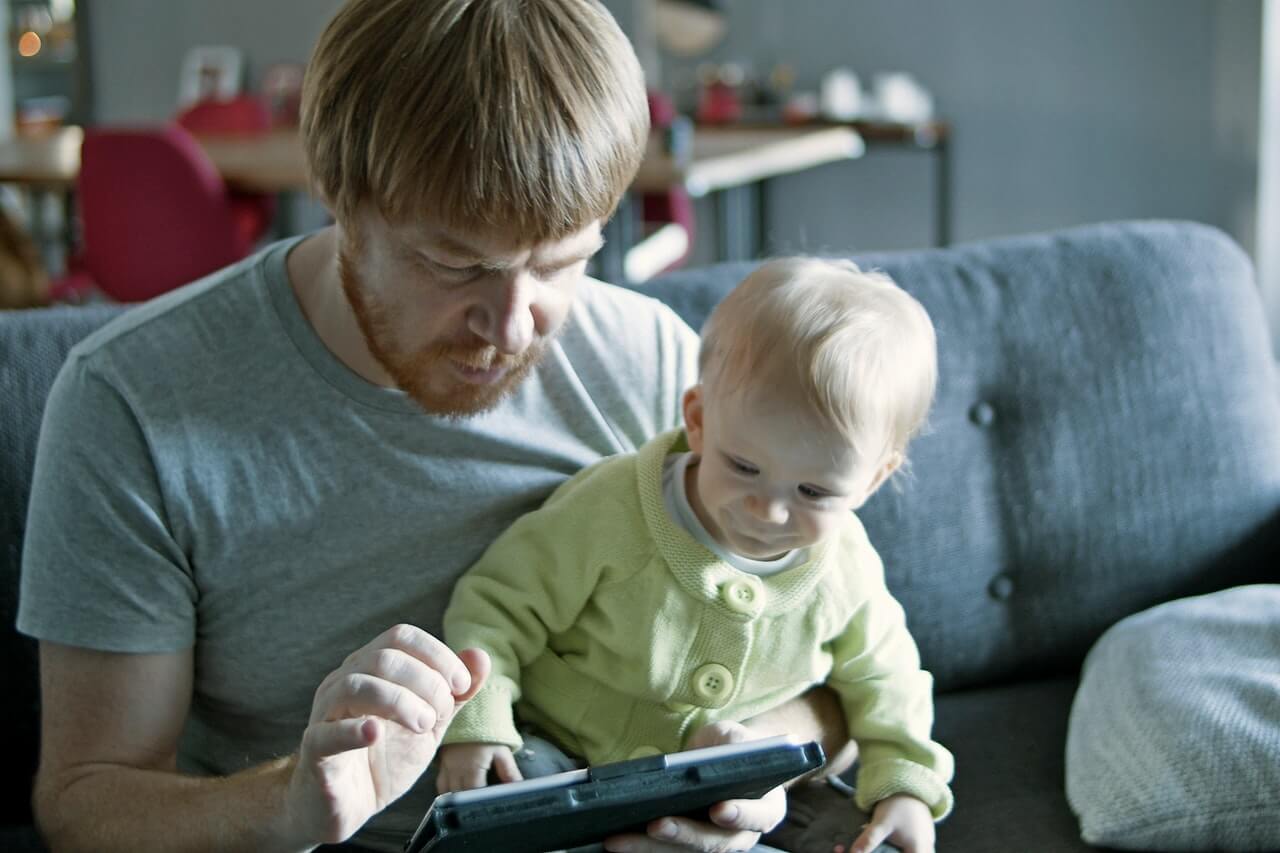Any child who can access the internet needs guidance in the digital world. Here’s how you can teach your kids to be good digital citizens.
Children below the proper age of 18 who have access to a device that can connect to the internet should be taught how to use the internet safely. Keep your children and their friends safe online with these tips for good digital citizenship and digital literacy.
Children will have a field day exploring the internet’s huge landscape. The same way we teach our children not to get into a car with a stranger, most of us set internet safety rules before they click and go. That’s just the beginning of the digital world’s complexity.
Every time kids use the internet. There is a risk that their lives may be impacted in some manner by technology and how that risk affects their development. However, parents are only capable of doing so much to influence the online environment.
When and What I Post about My Child on the Internet
What’s the best option? Let’s make sure our kids are prepared for the digital age by giving them the right tools. Even if you’re raising your children online or in person, you must instill in them your family’s values.
Digital Citizenship: What Is It?
The term “Digital Citizenship” refers to how you interact with the online communities in which you participate.
Children with a high level of digital intelligence become good digital citizens who contribute positively to their digital communities while remaining safe and secure.
The concept of digital citizenship becomes increasingly relevant as more and more children interact with content and each other online. The sooner children understand that the rules they are familiar with within the actual world also apply to the digital realm, the better they will understand the long-term consequences of their behavior.
Emotional Intelligence and Digital Identity
Your online persona is your digital identity. As a parent, you don’t want your children to think that their online behavior is different from what they’d do in the real world.
Because everything you post on social media becomes part of your digital footprint, you can never erase or delete it. Thus raving or badmouthing a buddy on social media should be avoided.
Children must also be aware that what they say online can be misunderstood if they don’t have a tone associated with it. It’s easy for misunderstandings and upset feelings to arise when people contact and converse over the internet.
Emotional intelligence can only be developed online if children have enough face-to-face interaction.
This is how they build great friendships, so when they’re communicating with pals online, they can maintain the same level of trust and mutual respect they’ve developed in person. Can your child tell if they’re actually friends with someone they’ve only ever spoken to online?
A life outside of technology is essential if you teach your children to be decent digital citizens. If they’re only connecting with each other online, they’re missing out on possibilities in the real world, beyond the computer screen.
A variety of activities and environments helps youngsters learn new abilities, gain self-confidence, and discover a wide range of new interests.
The key points noted here, are just some of the ways how you can your teach kids to be good digital citizens.
Articles you might like: How To Talk With Your Kids About Risky Online Activities, The Effects of Online Education on Young Learners, 7 Tips for Preparing Children for Online and Blended Learning

